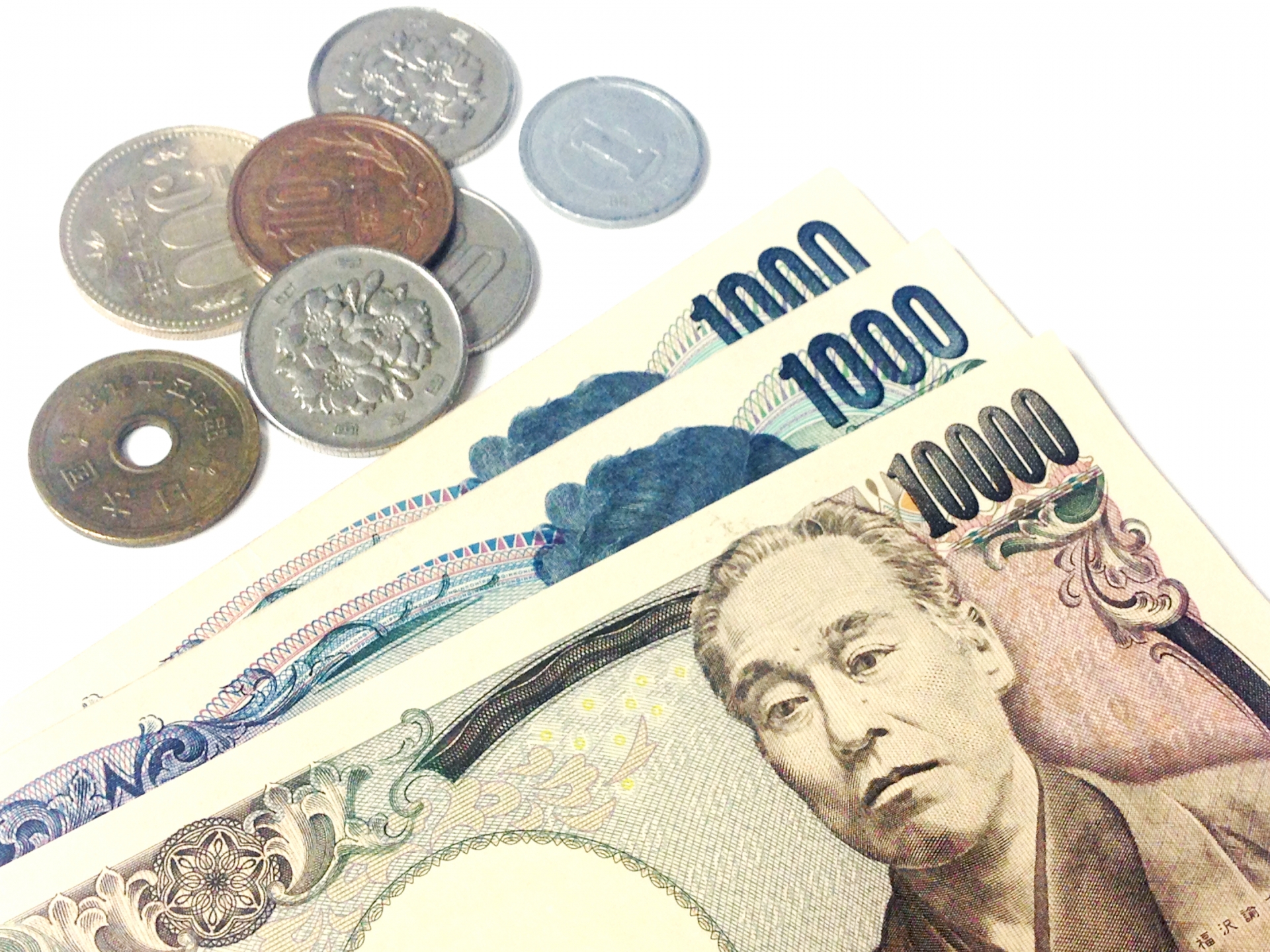Konnichiwa! Japan, with its rich culture, exquisite cuisine, and stunning landscapes, has long captivated the imaginations of travelers worldwide. Yet, for many, the allure of this enchanting island nation is overshadowed by concerns about its perceived high cost of living. In this comprehensive guide, we’ll delve into the question: Is Japan expensive to visit? We’ll explore the average costs for travel to Japan and uncover the truth behind the evolving perception of Japan as a pricey destination.
The Perception of Japan’s Expensiveness
- For decades, Japan has been synonymous with expensive travel and high costs in general
- Perception fueled by stories of exorbitant prices for everything from accommodation to dining
- Travelers often hesitant to explore Japan due to fears of breaking the bank

Planning a trip to Japan?
The Reality Check: Average Costs for Travel to Japan
As inflation has impacted many countries around the world, Japan has mitigated inflation by applying quantitative easing with the control of interest rates through the banking system, bringing stability to the Yen. This is good for you! As a traveler to Japan you can take advantage of the exchange rate which is much better these days than the days we still hear about when Japan was ultra expensive.
- Accommodation: From traditional ryokans to modern hotels, Japan offers a range of options to suit every budget.
- Tokyo: Budget travelers can find capsule hotels and guesthouses starting from as low as $20-30 per night. Mid-range hotels typically range from $80-150 per night. Luxury accommodations can exceed $300 per night, but offer unparalleled comfort and service. Check out these top Ryokans in Tokyo.
- Kyoto: Budget accommodations in Kyoto start at around $30-50 per night for hostels or budget hotels. Mid-range options range from $80-150 per night, while luxury ryokans can cost upwards of $500 per night. Check out these top Ryokans in Kyoto.
- Osaka: Osaka offers a variety of budget accommodations, with capsule hotels and guesthouses starting from $20-40 per night. Mid-range hotels range from $70-120 per night, while luxury hotels can cost $200 or more per night.
- Transportation: Japan’s efficient and extensive public transportation system is a budget traveler’s dream.
- The Japan Rail Pass offers unlimited travel on JR trains, making it a cost-effective option for exploring multiple regions.
- Local transportation within cities is affordable, with subway fares averaging around $1-3 per trip. Pay less with a Pasmo or Suica visitor pass.
- Food: Renowned for its culinary delights, Japan caters to all budgets and tastes.
- Street food stalls and casual eateries offer affordable yet delicious meals for as little as $5-10.
- Mid-range restaurants serve up hearty meals for $15-30 per person.
- Fine dining experiences can range from $50 to several hundred dollars per person, depending on the establishment.
- Activities: From cultural attractions to outdoor adventures, Japan offers a wealth of experiences for every budget.
- Many temples and shrines have free or low-cost admission, allowing visitors to explore Japan’s rich cultural heritage without breaking the bank.
- Outdoor activities such as hiking and cycling are often free or require minimal equipment rental fees.
- Theme parks and entertainment venues may have higher admission prices, but offer memorable experiences for travelers of all ages.
The Evolution of Japan’s Affordability
- Japan’s reputation for being expensive was well-deserved in the past, particularly during the economic boom of the 1980s.
- During this period, Japan experienced rapid economic growth, leading to a strong yen and high cost of living.
- The bursting of the asset price bubble in the early 1990s ushered in a period of economic stagnation and deflation.
- As prices fell and the yen weakened, Japan became more affordable for international travelers.
- Government initiatives to boost tourism, such as the “Visit Japan” campaign, further contributed to Japan’s affordability.
- The rise of budget airlines and accommodation options catering to international travelers increased competition and lowered prices in the hospitality sector.
- Technological advancements, such as the widespread adoption of cashless payment systems, made it easier for travelers to navigate Japan’s cash-based society.
Tips for Budget Travel in Japan
- Plan and book accommodation in advance to secure the best deals.
- Take advantage of discount passes and transportation cards for savings on travel expenses.
- Explore off-the-beaten-path destinations to discover hidden gems and avoid crowds.
- Sample local street food and convenience store offerings for budget-friendly dining options.
- Look out for special promotions and discounts offered by attractions and tour operators.
Summing it Up
While Japan may have once been considered an expensive destination, the reality today tells a different story. With careful planning and budget-conscious choices, travelers can explore the wonders of Japan without breaking the bank. From vibrant cities to tranquil countryside, Japan’s affordability awaits those willing to venture beyond the misconceptions. So, pack your bags and embark on a journey to discover the beauty and charm of this captivating island nation.

